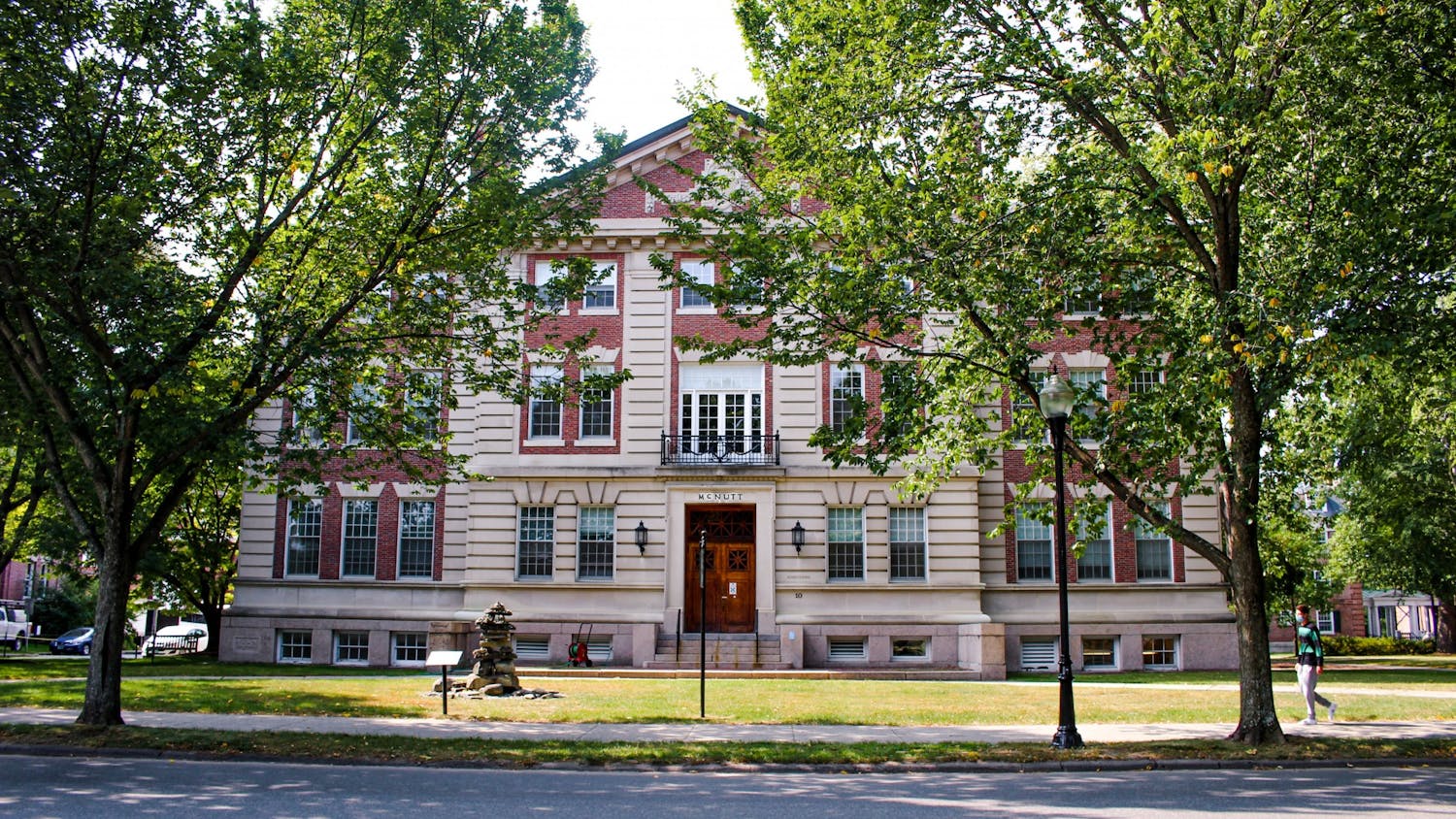A working group of several '04 students are currently drafting another set of recommendations for changes to the alcohol policy.
According to committee members Kevin Mazur '04 and Janos Marton '04, the current student body president, the committee especially hopes to improve the relationship between Dartmouth administrators and students and to create an alcohol policy that treats Greek organizations and other student groups more equitably.
Mazur said that the committee's participants, who met for the first time Wednesday night, discussed the "state of antagonism" between students and the administration. "Many students see the administration as hostile to their social interests."
Marton cited lifting restrictions on the use of the Good Samaritan policy as a possible way of improving relations between student and administrative.
The current Good Samaritan policy states that if an intoxicated student is turned over to Safety and Security or medical personnel by another student, neither student will face disciplinary action.
The Student Handbook does state, however, that the Good Samaritan policy applies to "isolated incidents only and does not excuse or protect those individuals or organizations who flagrantly or repeatedly violate the Alcohol Policy."
According to Marton, students often hesitate to use the Good Samaritan policy because of this qualifying language, which can mean that intoxicated students do not get the necessary medical treatment.
Mazur and Marton also said that the working group is discussing allowing Greek organizations to register events with Safety and Security instead of the Office of the Residential Life.
Marton said that ORL already provides many other services to students and should not necessarily have to regulate the registration of parties. Since Safety and Security is also responsible for monitoring such parties, he believes that it would make more sense for them to be responsible for registering such events.
Marton also said that the working group is exploring the possibility of creating a system for registering parties in dorms.
Such a proposal, he said, might ameliorate students' perception that Greek organizations are the only legitimate social spaces on campus.
According to Mazur and Marton, the working group hopes to have a completed proposal for alcohol policy reform ready in the fall.
While they will be examining some of the same issues and ideas discussed in a report released last spring by the Ad Hoc Working Group on Alcohol Policy, the '04 working group's research is being done independently and they may well reach different conclusions, Mazur and Marton said.
Both Mazur and Marton emphasized that they would like to gather as much student input as possible before releasing a final report.



